ONE of cricket's most famous umpires, Harold "Dickie" Bird, died peacefully at home at the age of 92, Yorkshire County Cricket Club announced on Tuesday (23).
Bird officiated in 66 Tests and 69 one-day internationals during his career from 1973 to 1996, including three World Cup finals. His final Test was at Lord's in 1996 between England and India, where Rahul Dravid and Sourav Ganguly made their debuts.
Yorkshire described Bird as "one of cricket's most beloved figures" who had become a "national treasure, known not only for his umpiring excellence but also for his eccentricities and warmth".
The club said, "He leaves behind a legacy of sportsmanship, humility, and joy — and a legion of admirers across generations."
Bird began his cricket career as a player for Yorkshire in 1956, scoring 3,314 runs in 93 matches with two centuries before ending his playing career in 1964. He then moved to Leicestershire briefly before finding fame as an international umpire.
He was known for his trademark white cap and various quirks, including arriving at match venues as early as 6am. During a 1974 Test at Old Trafford, Bird famously gave Indian legend Sunil Gavaskar a haircut mid-match using scissors he kept to cut threads from the ball's seam.
Bird was appointed MBE in 1986 and OBE in 2012 for his services to cricket. He formed a famous umpiring partnership with fellow Englishman David Shepherd, who died in 2009.
Players from his era held him in high regard. Bird once said: "They all rated me the best: Sobers, Richards, Lillee and Botham. That means a lot I can tell you."
After retiring from umpiring, Bird remained active through after-dinner talks and quiz sessions. Bird wrote two best-sellers — My Autobiography with Keith Lodge and The White Cap and Bails. He was named Yorkshire president in 2014.
Sunil Gavaskar paid tribute, saying, "Having played the game at first-class level, Dickie knew the tensions and pressures players undergo and was sympathetic to their frustrations. Cricket has lost a unique character and a superb umpire."
Colin Graves, Yorkshire chairman, said, "It's a sad day. He was a brilliant guy who loved being part of the Yorkshire set-up and everything we do here. He will be sadly missed at Headingley."
The England and Wales Cricket Board expressed deep sadness at Bird's death, describing him as a proud Yorkshireman and much-loved umpire who would be sorely missed.
(Agencies)









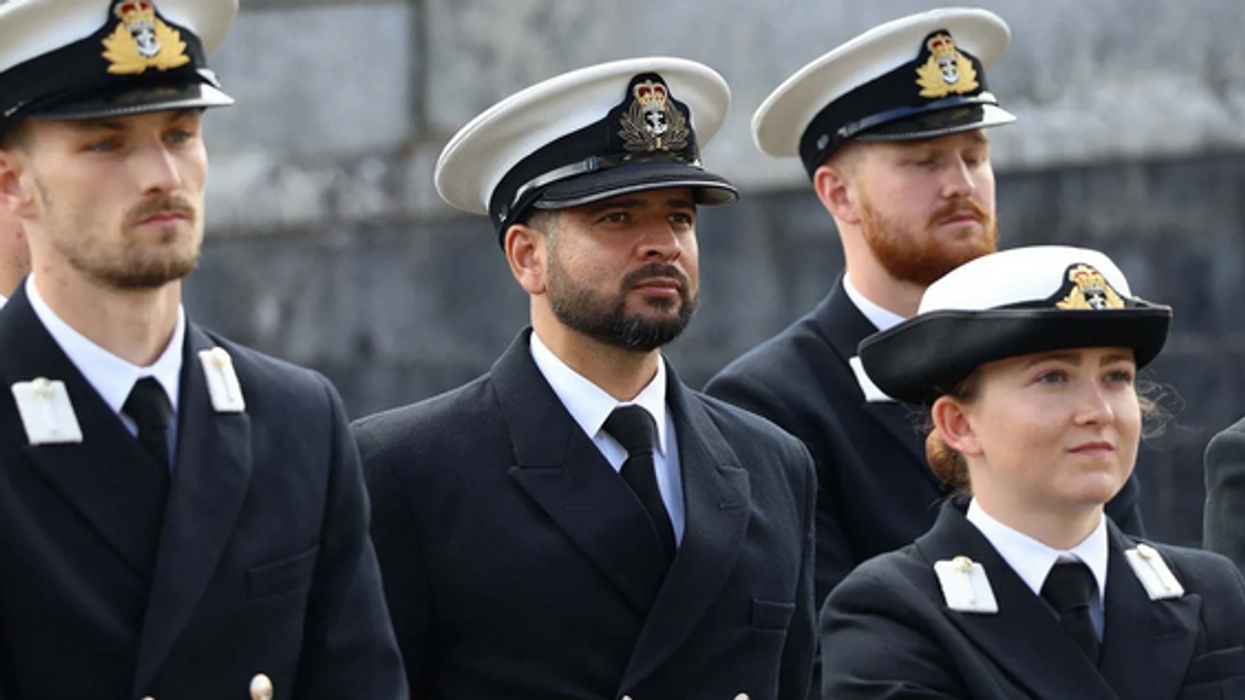
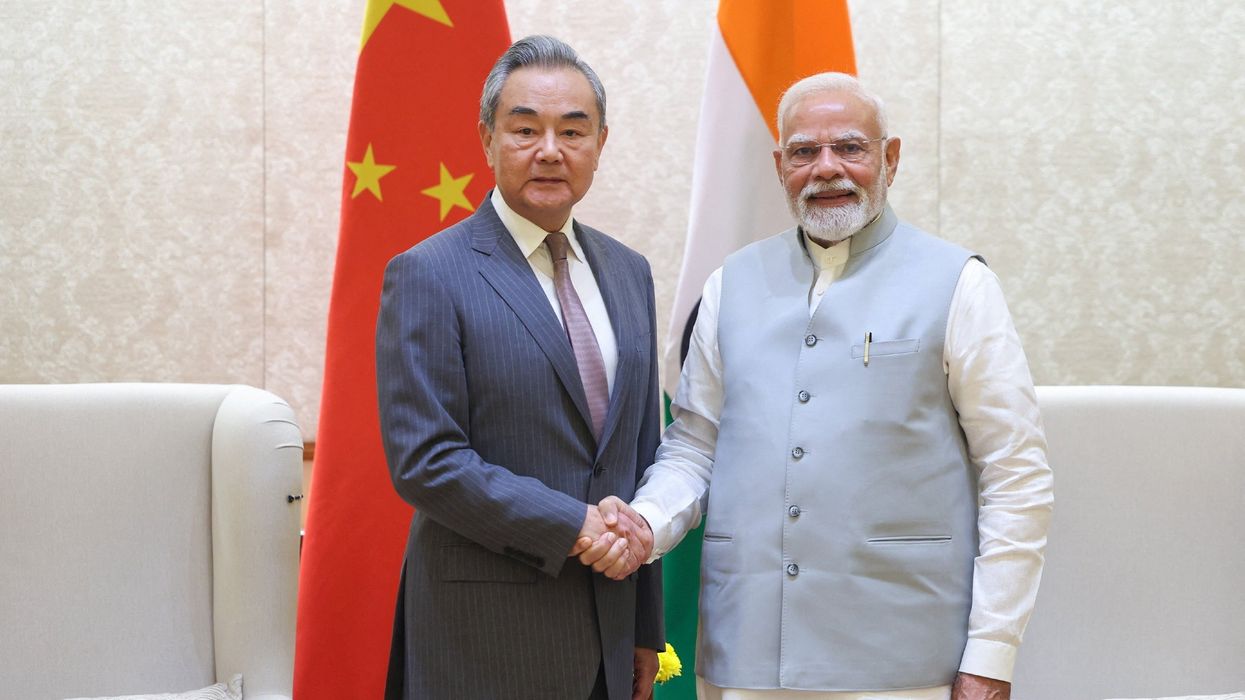



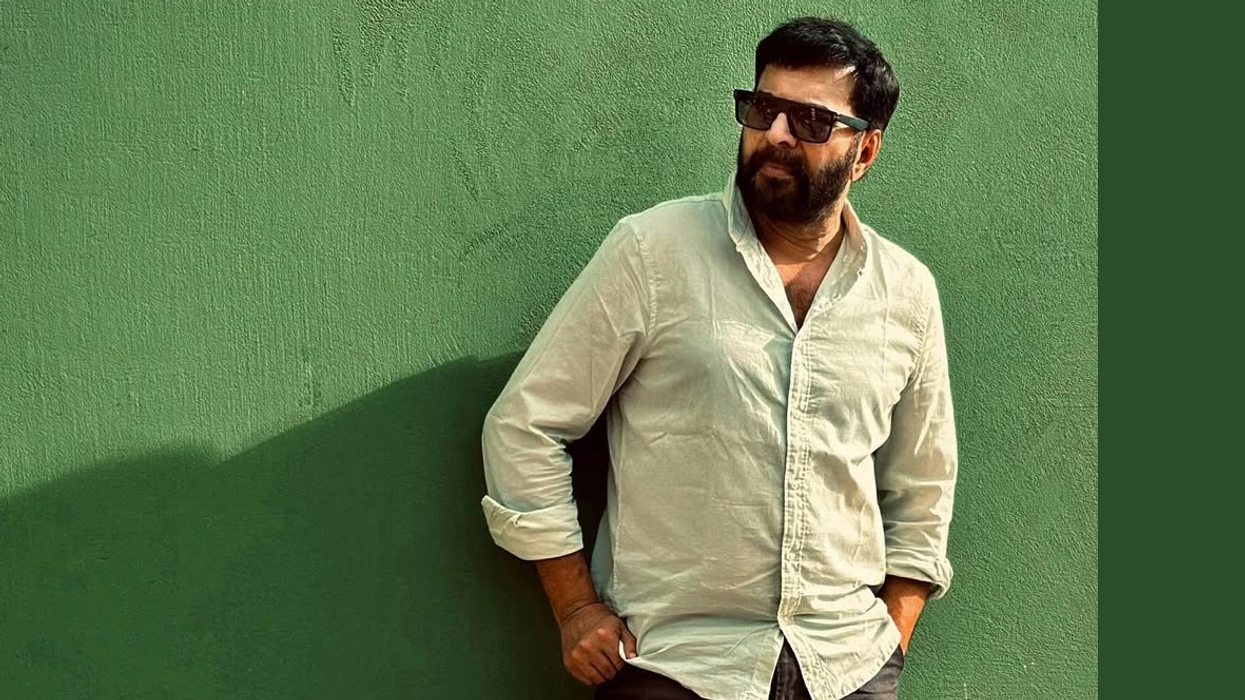

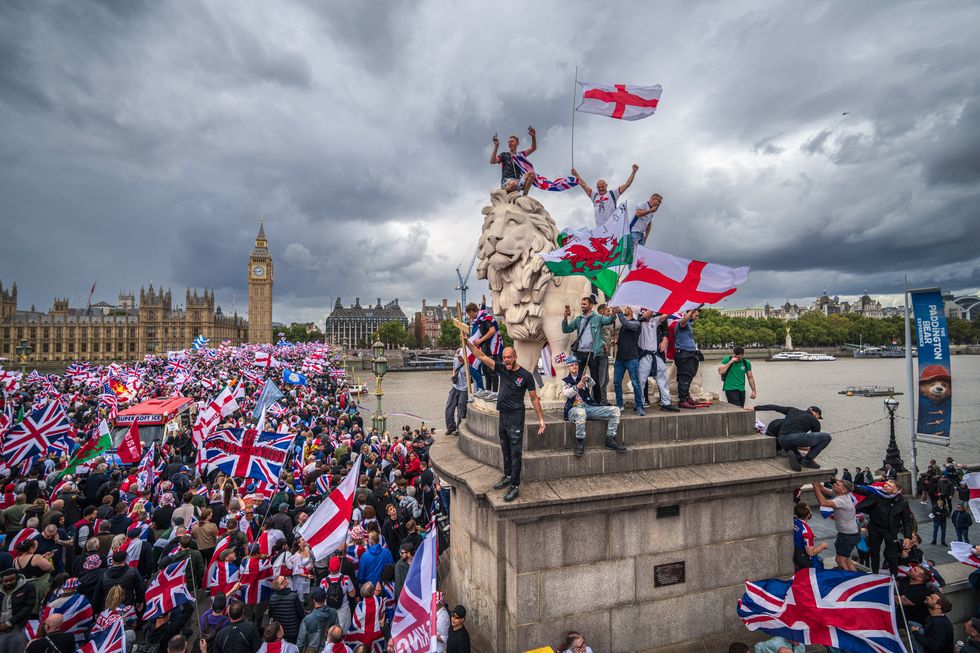 Protesters march through London waving national flags during the ‘Unite the Kingdom’ rally last Saturday (13)
Protesters march through London waving national flags during the ‘Unite the Kingdom’ rally last Saturday (13)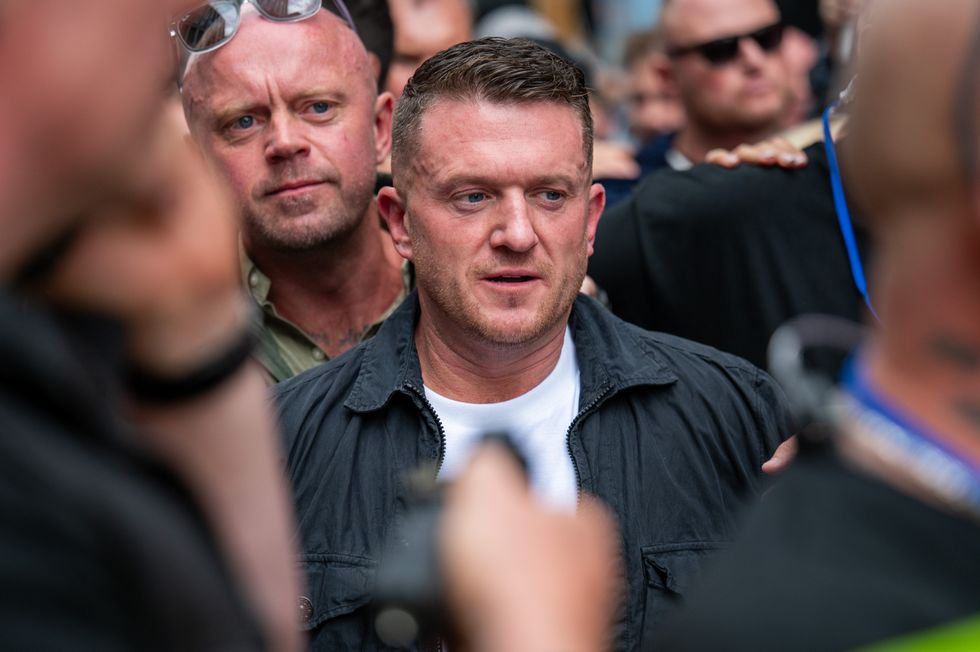 Far-right activist Tommy Robinson attends the demonstration
Far-right activist Tommy Robinson attends the demonstration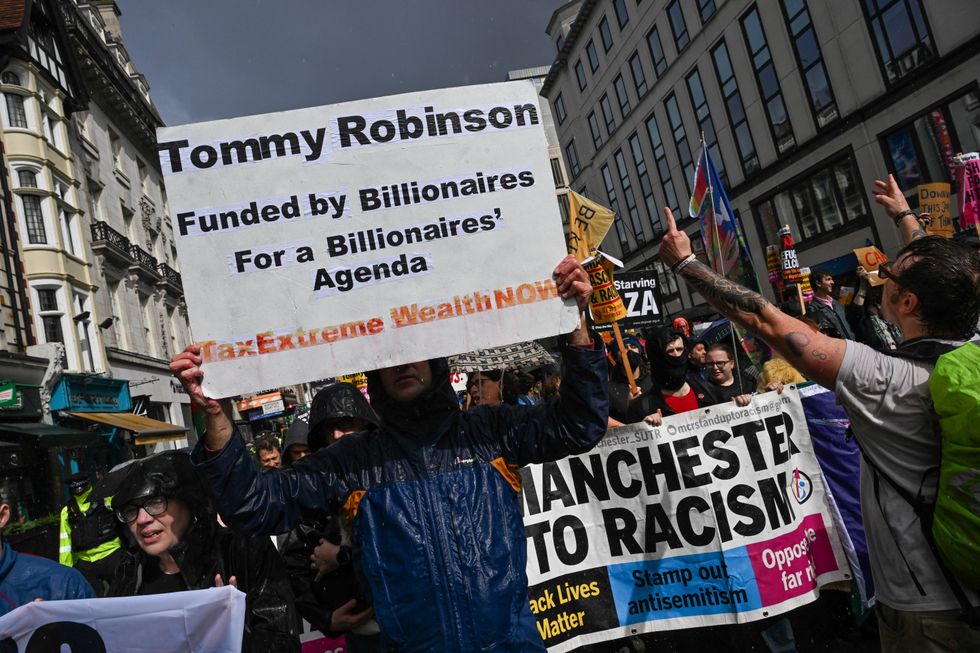 Anti-racism groups stage a counter-protest against the anti-immigration rall
Anti-racism groups stage a counter-protest against the anti-immigration rall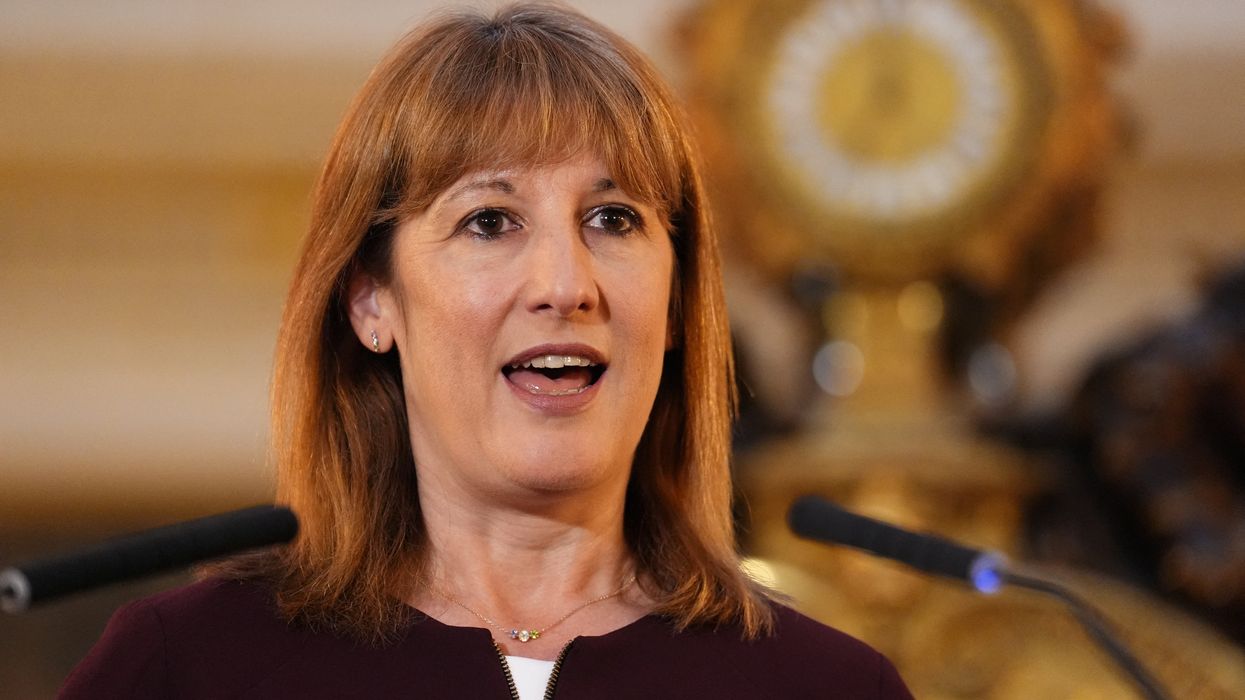
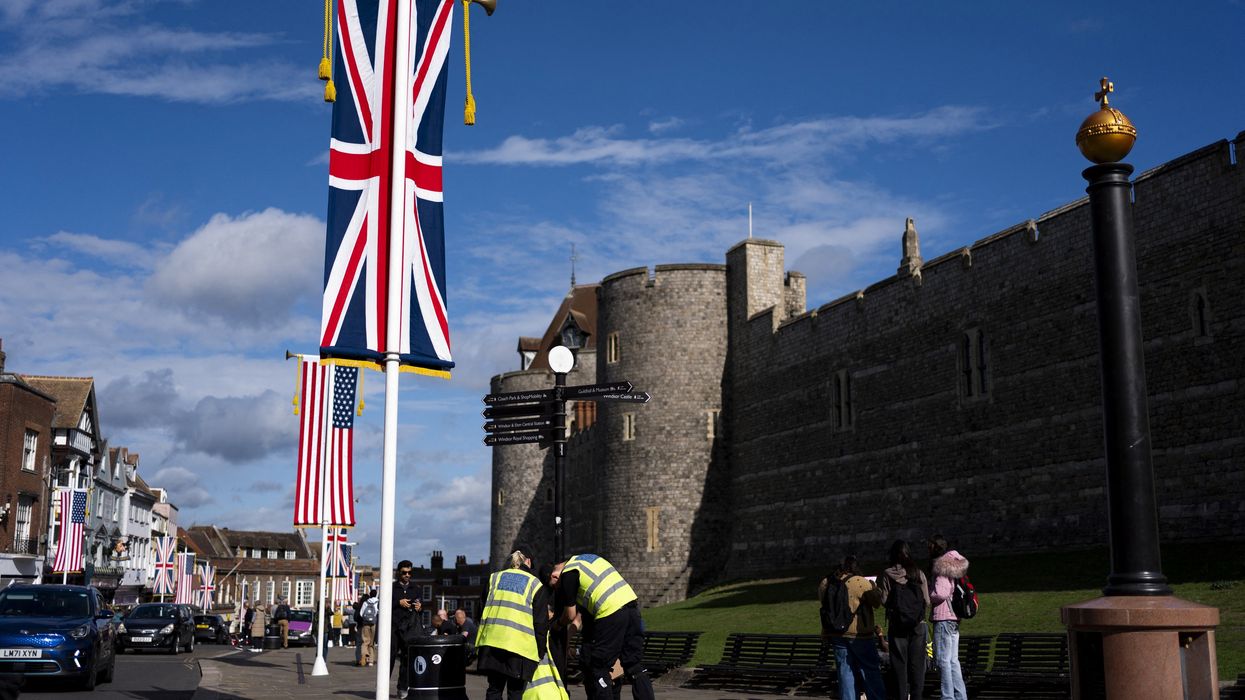
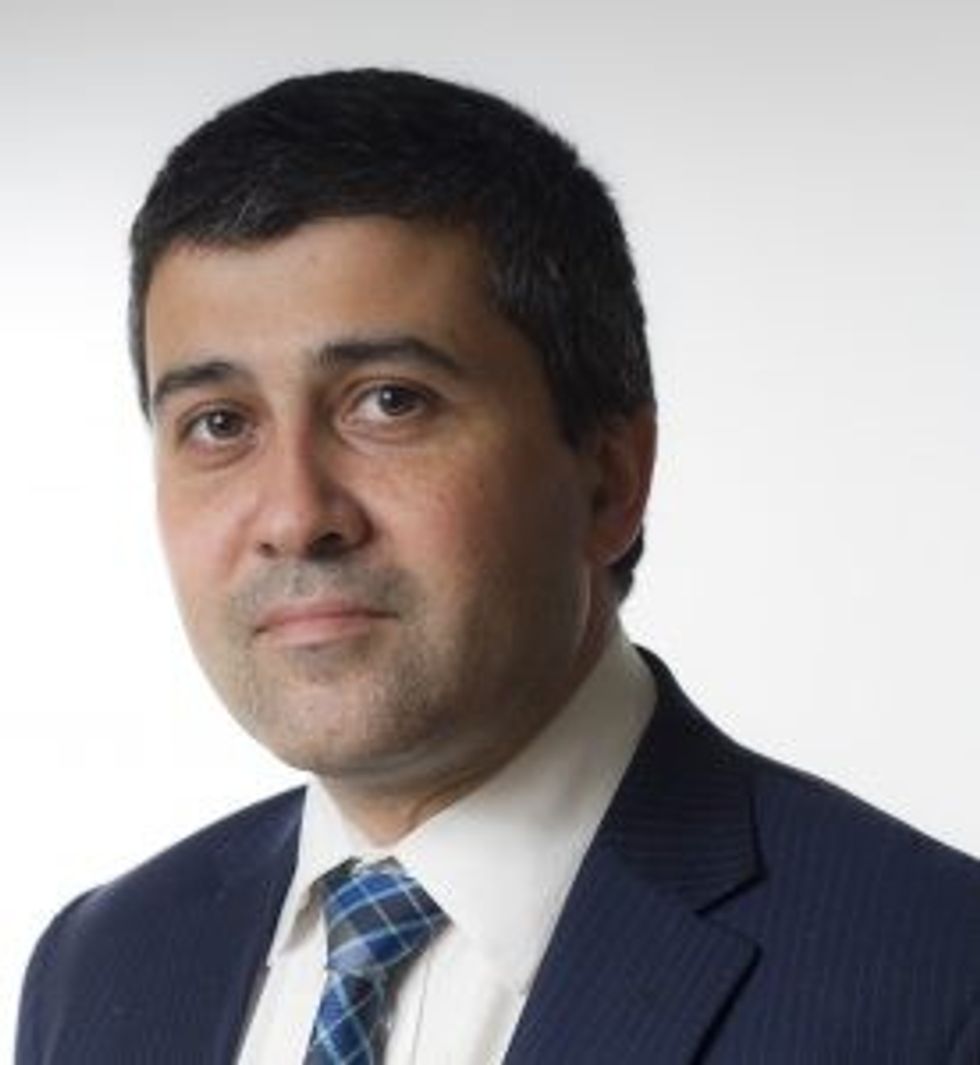 Sunder Katwala
Sunder Katwala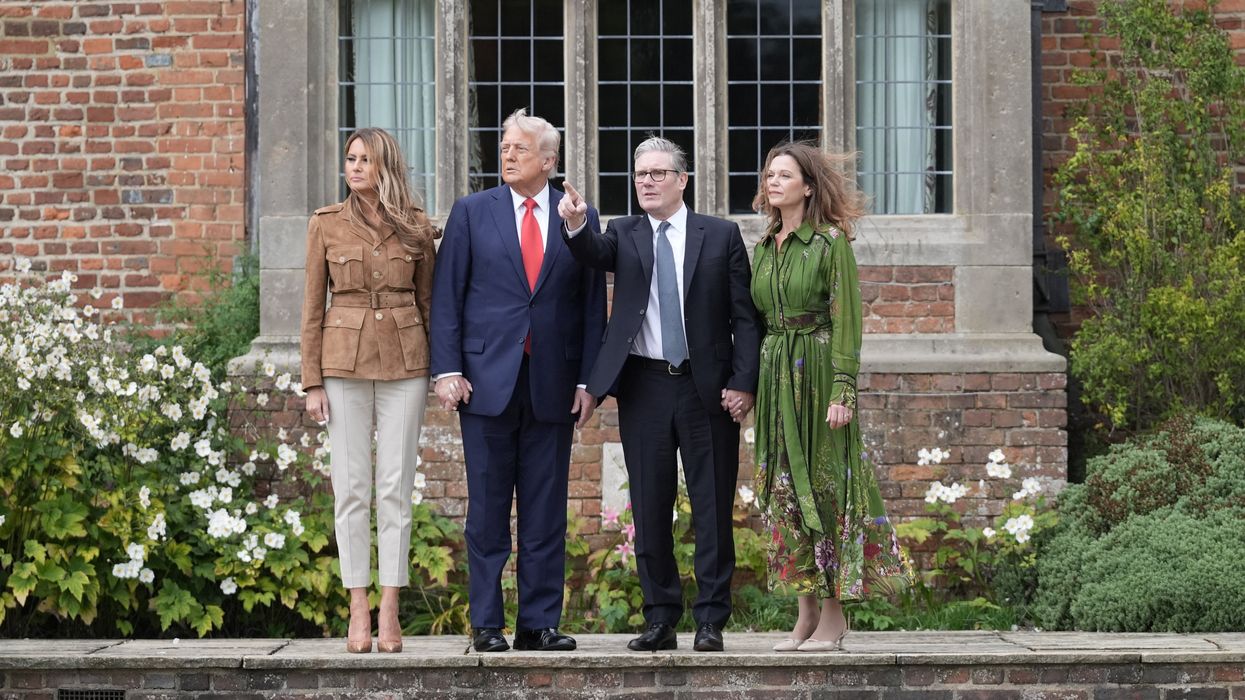
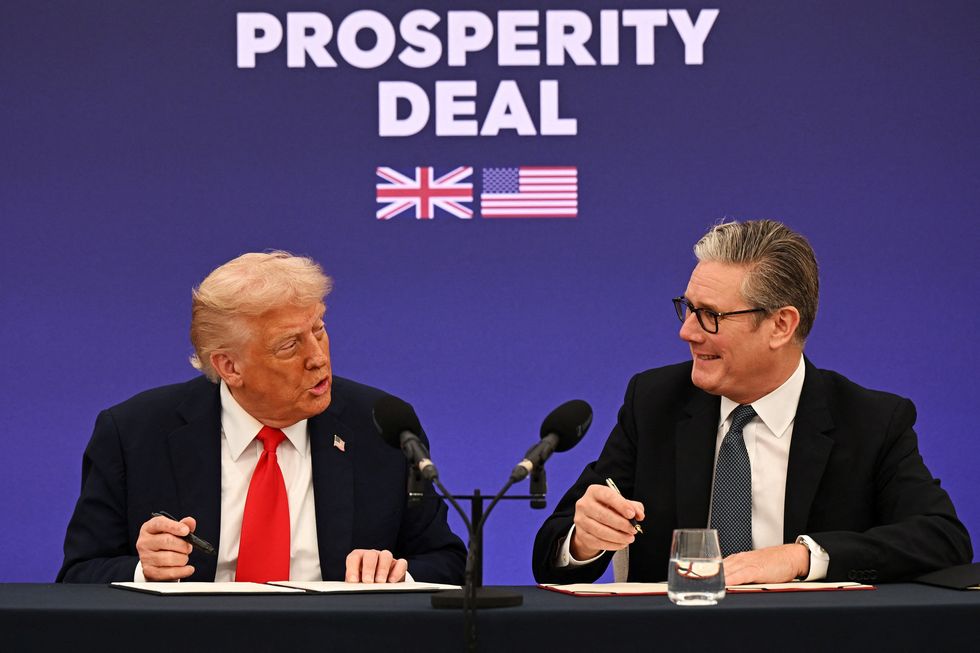 US president Donald Trump and UK prime minister Keir Starmer announce an agreement between the two countries as they hold a press conference conference at Chequers at the conclusion of a state visit on September 18, 2025 in Aylesbury, England. Leon Neal/Pool via REUTERS
US president Donald Trump and UK prime minister Keir Starmer announce an agreement between the two countries as they hold a press conference conference at Chequers at the conclusion of a state visit on September 18, 2025 in Aylesbury, England. Leon Neal/Pool via REUTERS